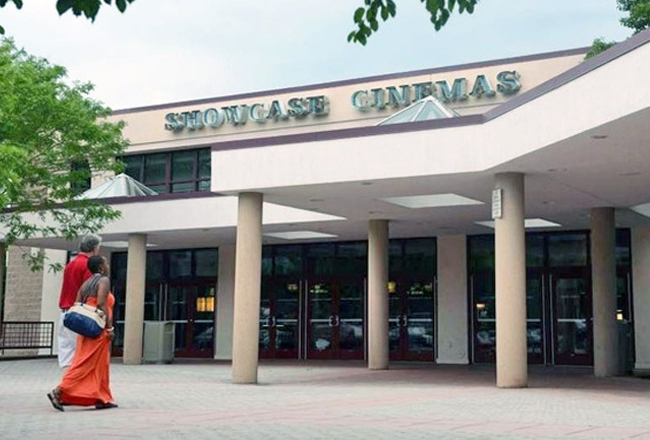Connecticut state Democrat leaders have introduced a marijuana legalization bill that would allow adults 21 and older to possess and buy up to 1½ ounces of cannabis from a licensed retailer.
SB 16, “An Act Concerning the Adult Use of Cannabis,” was filed yesterday by Senate President Pro Tem Martin Looney, House Speaker Joe Aresimowicz, state Rep. Matt Ritter and state Sen. Bob Duff; the latter represents Norwalk and parts of Darien.
 The bill”™s introduction followed by one day Gov. Ned Lamont”™s State of the State address, during which time he spoke in favor of legalization.
The bill”™s introduction followed by one day Gov. Ned Lamont”™s State of the State address, during which time he spoke in favor of legalization.
“Like it or not, legalized marijuana is a short drive away in Massachusetts and New York is soon to follow,” he said during that speech. “Coordinated regional regulation is our best chance to protect public health by displacing illicit sellers with trusted providers. And it”™s an opportunity to right the wrongs of a war on drugs that has disproportionately impacted our minority communities.”
In many ways similar to legislation that failed to be called for a vote during last year”™s session, the 108-page SB 16 would provide means for individuals with prior cannabis convictions to have their records expunged. Another bill, HB 5019 ”“ introduced by the same four lawmakers ”“ directly addresses terms for the erasure of criminal records.
SB 16 also would establish a nine-member “Cannabis Equity Commission” to “promote and encourage full participation in the cannabis industry by persons from communities that have been disproportionately harmed by cannabis prohibition and enforcement.”
The commission, which would be overseen by the Department of Consumer Protection, would be required to make recommendations on restorative justice policies by Jan. 1, 2021, in addition to creating micro-licenses for cannabis retail and delivery operations.
As for revenue to the state, the bill asks for a 3% tax on retail marijuana sales. Retailers and manufacturers would be taxed $1.25 per dry weight gram of cannabis flower.
Advocates have projected that Connecticut could make $70 million in the first year of legalization and approximately $160 million in each following year. Recreational marijuana shops in Massachusetts took in over $420 million in sales in the first full calendar year of legalization, according to state data.
In addition, requiring a drug test for THC as a condition of employment would be considered “an unlawful discriminatory practice” by most potential employers.
The bill leaves room for individual municipalities to determine their own policies when it comes to allowing retail sales of marijuana within their jurisdictions, but they would not be allowed to prevent delivery services from operating within their borders.
Existing registration fees for medical cannabis patients would be eliminated under the measure.






















great except erasing criminal records, libs always have to take it to the next woke step